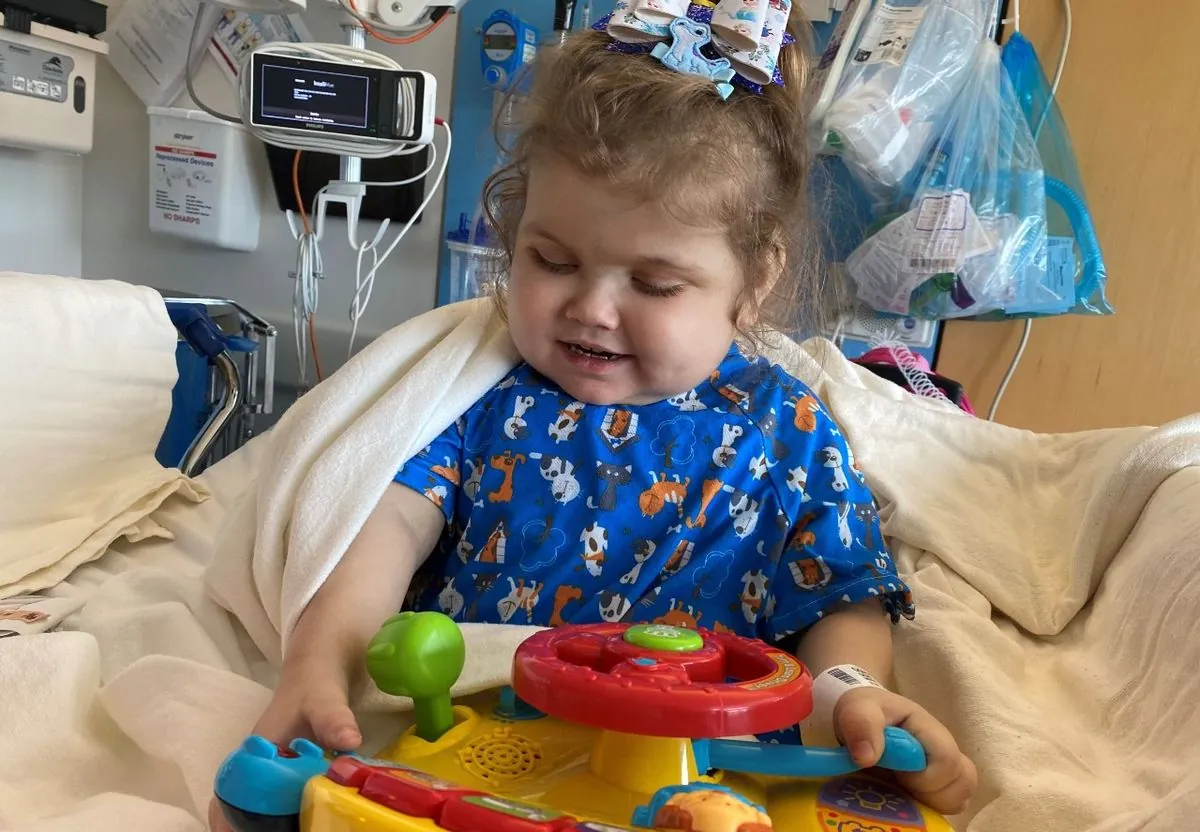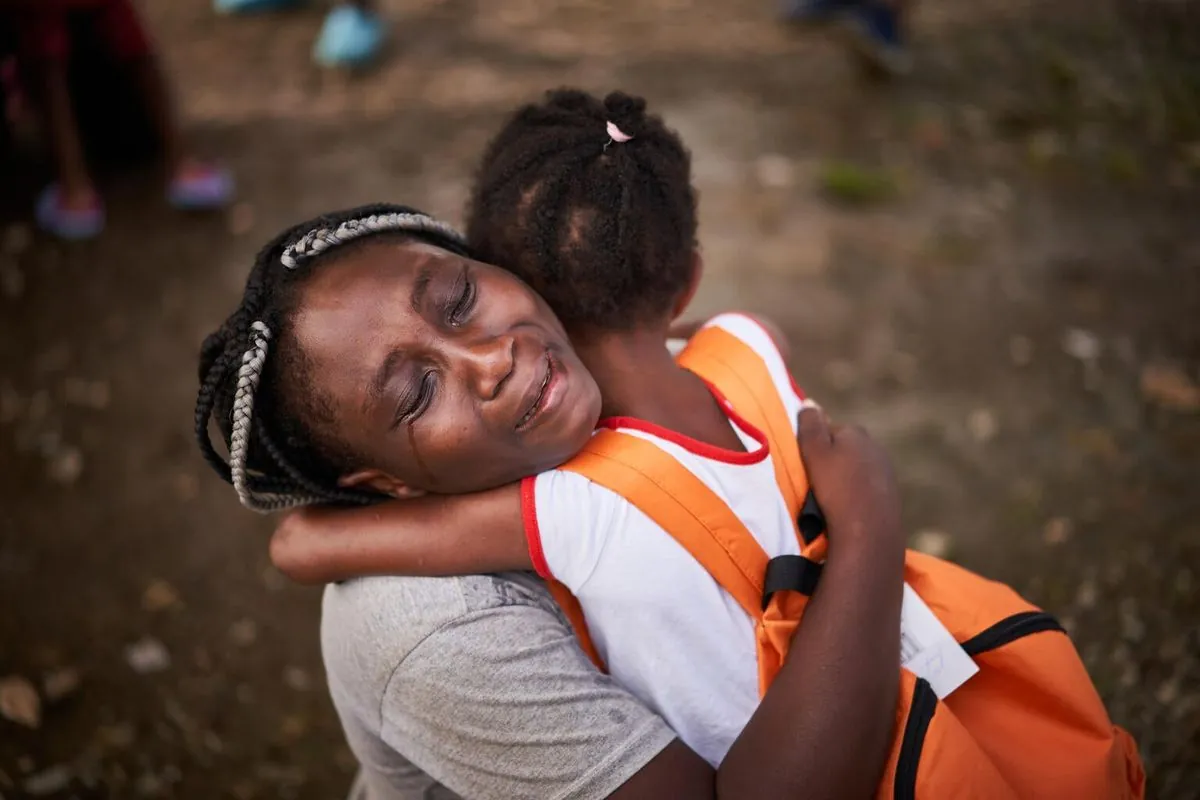Child Defies Odds: Survives Months After Life Support Removal
A 4-year-old with severe disabilities has survived for months after life support was withdrawn, prompting a judge to order full treatment resumed. This unique case challenges medical expectations.

In a remarkable turn of events, a four-year-old boy with severe disabilities has survived for over four months after the withdrawal of life-sustaining treatment, defying medical expectations and prompting a British judge to order the resumption of full treatment.
Judge Nigel Poole of London's High Court has described this case as "highly unusual," stating that it underscores the uncertainty inherent in medical practice. The child, whose identity remains protected as per standard practice in pediatric medical cases, was born in March 2020 with a brain malformation and other serious health issues. Brain malformations, occurring in approximately 1 in 2,500 live births, can lead to complex medical challenges.
The boy's journey through the medical system began when he was placed on a ventilator in October 2023 following two heart attacks. His parents, devout Orthodox Christians, sought to continue treatment, viewing their child as a "gift from God" with a meaningful life. Orthodox Christianity, the third-largest Christian denomination, often emphasizes the sanctity of life in medical ethics discussions.
The parents had hoped to transfer their son to an Italian hospital associated with the Vatican, possibly referring to the renowned Bambino Gesù Children's Hospital, one of Europe's largest pediatric facilities. However, doctors at King's College Hospital in south London, an institution with a history dating back to 1840, believed there was no prospect of recovery.
In April 2024, Judge Poole ruled that withdrawing life-sustaining treatment was in the child's best interests, a decision aligned with the UK's Children Act 1989, which prioritizes the child's welfare in legal decisions. The treatment was subsequently stopped in May 2024.
Contrary to medical predictions that the child would survive only a few days without support, he has "defied the odds" and is now living at home with his parents. This unexpected outcome challenges the concept of medical futility, a topic of ongoing debate in bioethics.

The case highlights the complexities of medical decision-making, especially in pediatric care. The National Health Service (NHS), established in 1948, often faces challenging ethical dilemmas in such situations. The principle of beneficence, central to medical ethics, requires healthcare providers to act in the best interests of their patients.
Judge Poole's recent ruling lifts the previously imposed limitations on treatment, acknowledging the child's remarkable recovery. This decision reflects the dynamic nature of medical care and the importance of reassessing prognoses in light of new developments.
The judge emphasized that his initial April decision was justified based on the evidence available at the time. This underscores the challenges faced by medical professionals and the legal system when dealing with complex cases involving children's health and parental rights.
This case joins the annals of medical history alongside other instances of unexpected recoveries, often termed "medical miracles." It serves as a reminder of the limitations of medical knowledge and the potential for outcomes that defy statistical probabilities.
As the field of neonatology continues to advance, improving survival rates for premature and critically ill infants, cases like this may prompt further discussions about the nature of medical decision-making and the balance between aggressive treatment and quality of life considerations.
The survival of this child months after the withdrawal of life support raises important questions about medical prognosis, the limits of scientific certainty, and the role of hope in healthcare. It may influence future discussions on end-of-life care, particularly in pediatric settings, and could potentially impact how similar cases are approached in the future.
"He has confounded all medical expectations and his case underlines the maxim that 'medicine is a science of uncertainty and an art of probability'."
This extraordinary case serves as a poignant reminder of the complexities inherent in medical ethics and decision-making, particularly when it comes to the care of vulnerable children. It underscores the need for ongoing dialogue between medical professionals, ethicists, legal experts, and families to navigate these challenging situations with compassion and wisdom.


































